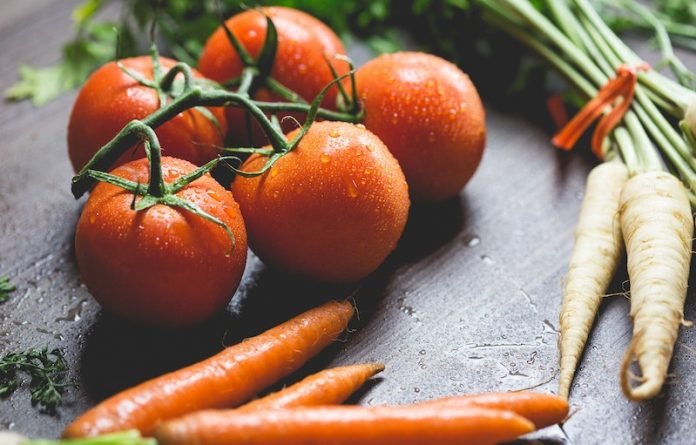
In a recent study, researchers found eating certain fruits and vegetables may reduce breast cancer risk.
About 1 in 8 women will develop invasive breast cancer over the course of her lifetime.
Researchers have worked on the risk factors for developing breast cancer and the methods to reduce the risk. One focus is fruits and vegetables, which are full of fiber, vitamins and other healthy substances.
Nutritionists often recommend them to people who want to lose weight. The question is: Can eating more fruits and vegetables lead to less risk of breast cancer?
In the current study, researchers conducted a longitudinal study, in which more than 90,000 nurses completed a food questionnaire on diet in 1991 and more than 40,000 of them completed a second questionnaire in 1998 about their high school diet.
The team followed these women’s health conditions from 1991 to 2013.
They found that eating fruits during adolescence was related to a lower risk of breast cancer. However, there was no relation between fruit-eating in early adulthood and cancer risk.
For vegetables, no relation was found between eating amount and cancer risk in both adolescence and early adulthood.
Researchers then took a closer look and found that women who ate more fruits and vegetables that are rich in alpha-carotene in early adulthood have a lower risk of breast cancer.
Furthermore, they found women who ate more apples, bananas and grapes during adolescence and orange and kale during early adulthood have less chance to get breast cancer.
Nevertheless, there is no association between fruit juice and cancer risk.
These findings suggest that eating fruits and vegetables is good for women’s health. Moreover, wise food choices in adolescence may be very important to prevent breast cancer.
If you care about women’s health, please read studies about common beverage that may increase death risk in breast cancer, and as seasons change, so should diet for breast cancer survivors.
For more information about women’s health, please see recent studies about drug that may fight hard-to-treat breast cancers, and results showing that healthy levels of vitamin D may boost breast cancer outcomes.
The study was published in BMJ and conducted by Farvid MS et al.
Copyright © 2022 Knowridge Science Report. All rights reserved.



